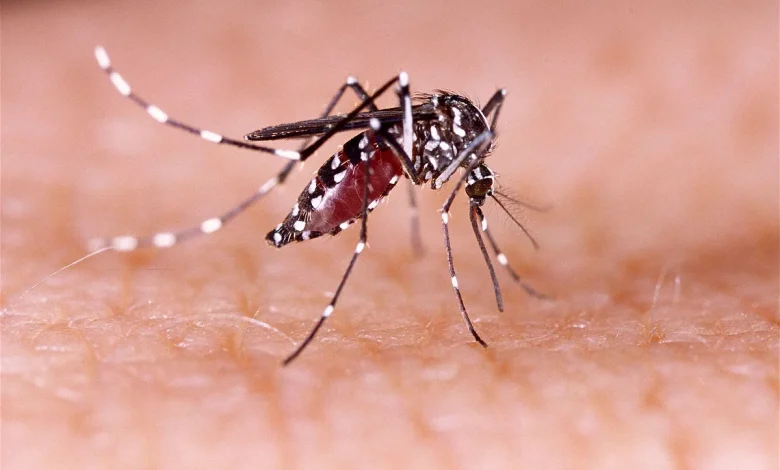CDC issues public health alert for dengue amid record-high cases

There is a higher chance of dengue virus infections in the United States this year, according to a health advice released by the Centers for Disease Control and Prevention this week.
The warning is issued because the dengue virus, which is spread by mosquito bites, is causing more cases than usual in several nations. According to the CDC, between January 1 and June 24, countries in the Americas recorded a record-breaking 9.7 million dengue cases, more than double the 4.6 million cases reported for the entire year 2023.
Between January 1 and June 24, there were 2,241 cases of dengue reported in the United States, as opposed to 3,306 occurrences for the entire year 2023. Out of the 2,241 instances of dengue that have been reported in the United States this year, the bulk (1,498) occurred in Puerto Rico, a U.S. territory, and around 745 of those cases were linked to visitors to the country. In March, Puerto Rico issued a public health emergency declaration.
Antiviral drugs are not yet authorized for use in the treatment of dengue. One in four instances of dengue had symptoms, which can range from mild to severe. After five to seven days, the symptoms typically start. They include fever, headache, muscular aches, joint pain, nausea, vomiting, rash, pain behind the eyes, and low white blood cell counts. Lethargy or restlessness, prolonged vomiting, discomfort or pain in the abdomen, and other symptoms are further warning indications. The 4.6 million dengue cases recorded in the Americas in 2023 were linked to about 4,000 deaths.
The CDC advises the public to heed these suggestions in light of the recent surge in dengue cases, both domestically and internationally:
Use insect repellents certified by the Environmental Protection Agency to avoid mosquito bites both before and after visiting places where dengue is commonly transmitted. Additionally, put on long-sleeved shirts and pants that fit loosely;
- When at home, minimize mosquito populations by utilizing window screens and air conditioning to reduce the chance of being bitten inside, and make sure to empty and empty any outdoor water containers to lessen mosquito egg-laying locations;
- If you develop fever or other dengue symptoms, get medical attention.
The CDC also suggested the following advice for medical professionals:
- had raised suspicions of dengue in feverish individuals who had been to regions where the disease is frequently transmitted within 14 days prior to the onset of sickness;
- Request the necessary diagnostic testing for a recent acute DENV infection;
Make certain that dengue cases are promptly reported to public health authorities;
- Encourage residents and visitors to dengue-transmission areas to take precautions against mosquito bites.
You may find further online advice on preventing dengue from the CDC.




